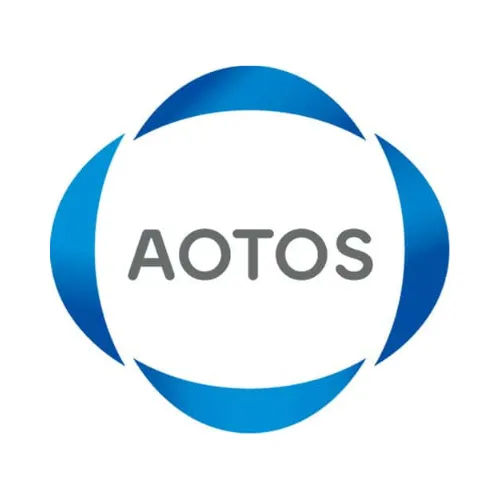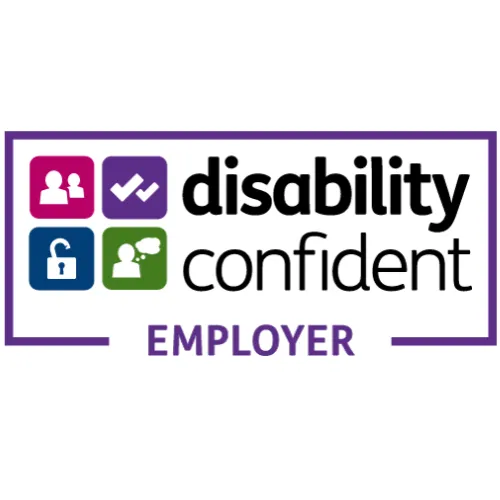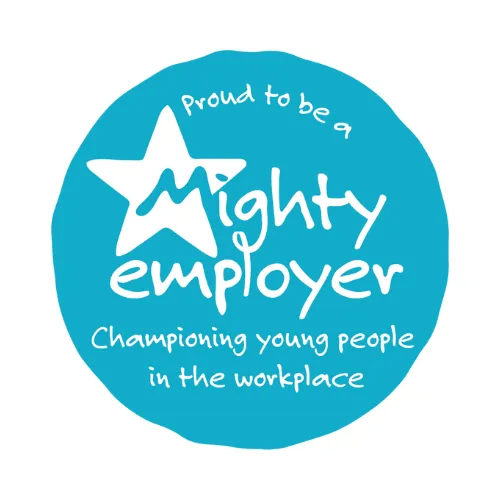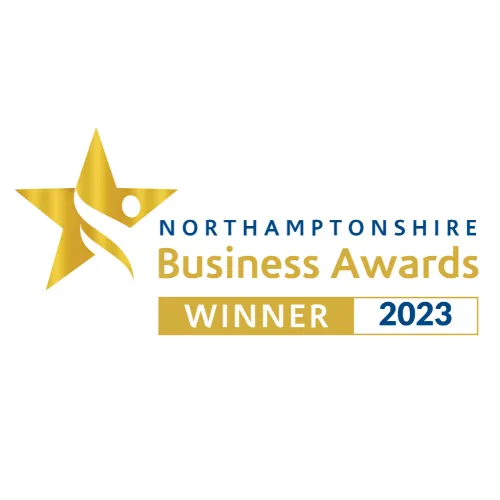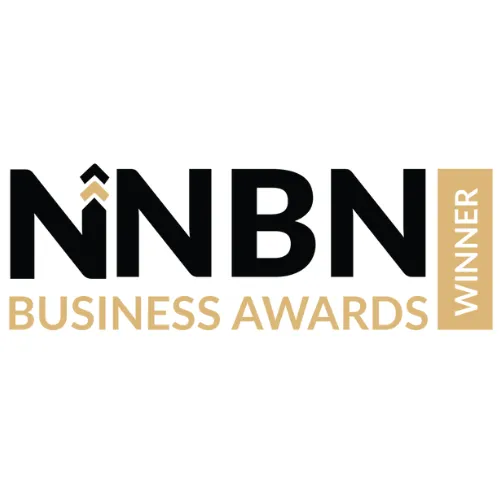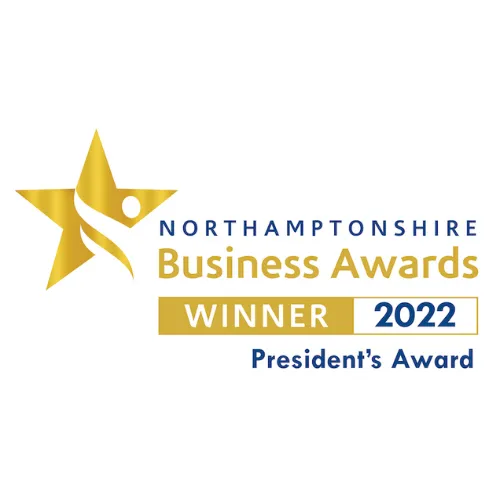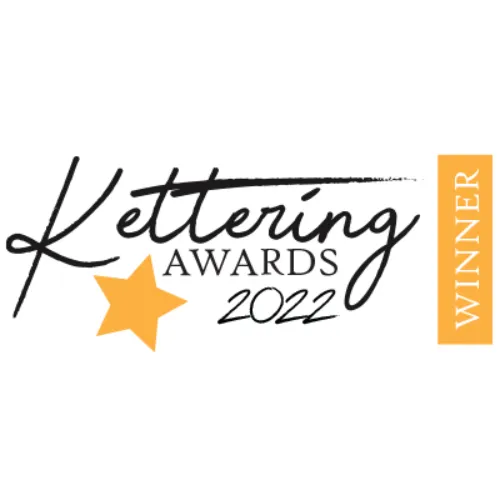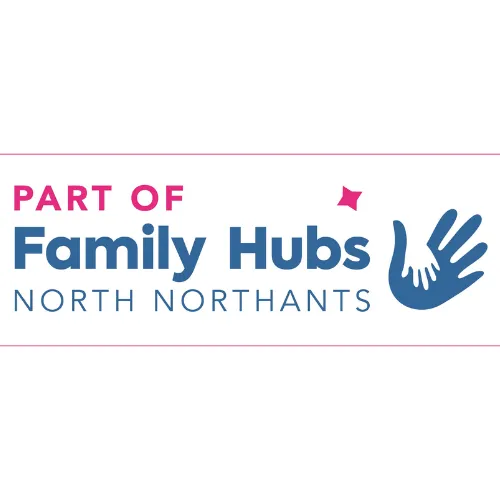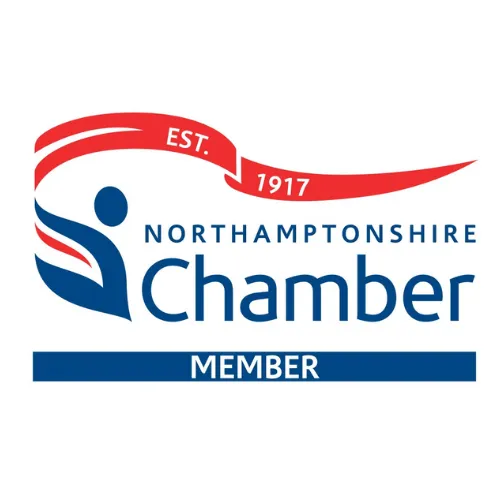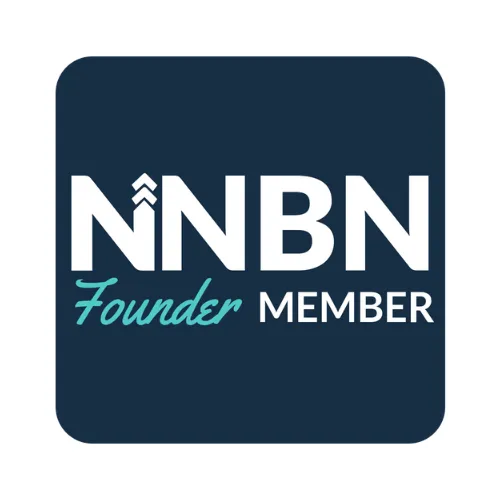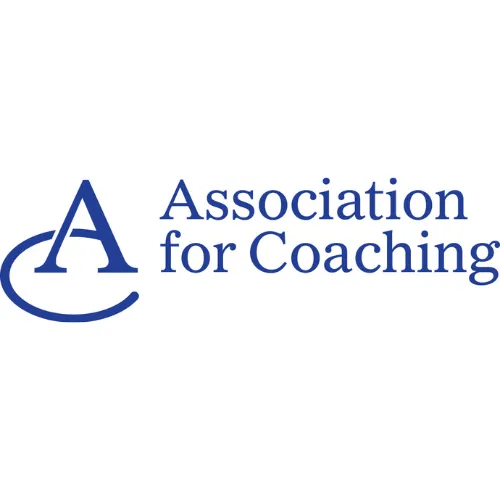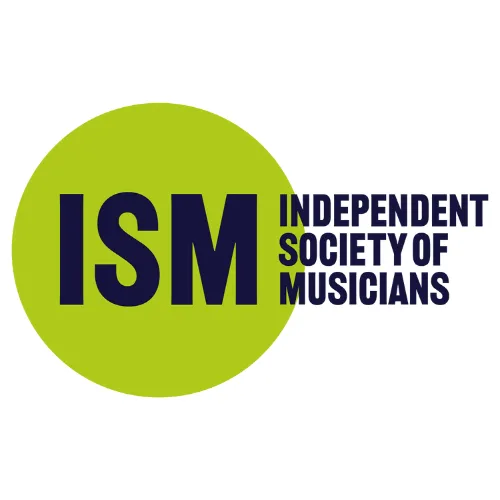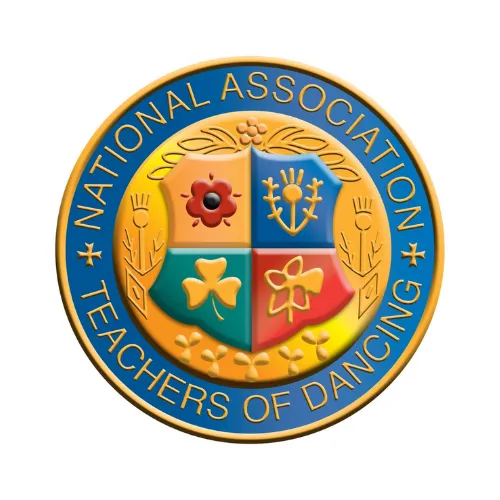Welcome to our Learning Hub
Empower Your Curiosity
Insights, Stories, and Tips for the Inquisitive Mind
Our Story and Mission
Our journey began in the vibrant world of creative arts, a path that has not only shaped us as artists but as leaders, educators, and advocates. Through the arts, we discovered powerful skills — creativity, communication, resilience — that transcend the studio and stage, enriching our lives in education, business, and community leadership. Inspired by our own transformation, we're dedicated to unlocking this potential in others. Our mission is to guide individuals in exploring their creative talents, developing their personal and professional skills, and empowering them to lead and inspire in all aspects of their lives.
Our ethos is simple – everyone has a story to tell, a song to sing, or a dance to share. We believe in the transformative power of the arts to enrich lives and communities. By making arts accessible to all, we aim to foster confidence, creativity, and a sense of belonging.
So, dive in! Explore, learn, and let us know if there's something specific you're curious about. We're here to help, one post at a time.
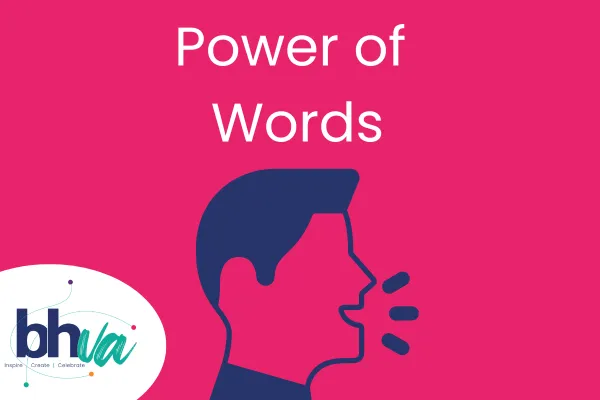
Power of Words
Today we're talking about something that can make or break your teaching: the power of words.
You might hear a lot about this concept in marketing, but today, we're focused on how the language you use in a teaching or coaching setting can directly influence student progress - and most importantly - help or hinder relationship building.

Words aren’t just about giving instructions; they can shape how students feel, think, and approach their learning.
In our experience working with both children and adults, being intentional with your language is key to creating an environment where students feel safe, supported, and motivated.
Here's why it matters and some practical tips you can try today!
Why Words Matter

Think about the times you've given feedback. Have you ever noticed a student disengaging or getting frustrated?
Sometimes, it’s not about what you're teaching—it's about how you're saying it. The language we choose can either invite students to reflect, grow, and improve, or it can shut them down.
The first step in building that essential student-teacher relationship is intentional communication.
If your words are not carefully considered, they might be misunderstood or fail to connect emotionally with the student.
And without that connection, meaningful feedback can't happen.
Top Tips for Using Words Effectively
Here are some of the most important things we've learned about language in coaching:
Build Relationships First
You can’t just jump into constructive feedback without establishing trust. Students need to feel like they can open up, and often, they will only do that if you open up first. Share little bits about yourself to create common ground - this builds trust and makes students feel safe.
Give Purposeful Feedback
Instead of saying, "Let's go again," add intention to your feedback. Say, "That was great! Now, how about trying this?" This way, your students know what they're improving on, rather than just repeating the same thing over and over.
Encourage Reflection
When you ask a student to reflect, focus on the positive first. Instead of, “What went wrong?” try, “What did you like about that?” This shifts their mindset and helps them build confidence in their abilities.
Be Specific
When students want to improve "everything," help them narrow it down. Ask them to focus on one or two things they can improve on, making it manageable and less overwhelming.
Watch Your Tone
Words like "only" can create unnecessary pressure. For example, instead of saying, "We only have two hours left," try, "We’ve got two hours to focus on these things." This subtle shift can reduce anxiety and boost productivity.
What to Try in Your Own Practice

Flip Your Language
Think about the phrases you use regularly and how changing just one or two words could shift the whole conversation. Instead of saying, "You need to do this," try asking, "What do you think you could do to improve?"
Less is More
Especially with younger students, simplicity in language is crucial. Don't overload them with too many words or instructions at once. Focus on one task at a time.
Record Yourself
It might feel awkward, but recording yourself while teaching can reveal patterns in your language. Do you say "great job" or "let's try again" too much? These words can lose their meaning if overused, so variety is key.
By thinking more intentionally about your language, you can make huge strides in your teaching and coaching practice. Give it a try, and let us know how it goes! We’d love to hear what changes you made and the impact it had.
Sign Up to BHVA Insights
Catch the latest on events, offers, and fresh ideas.
All delivered to your inbox every fortnight.
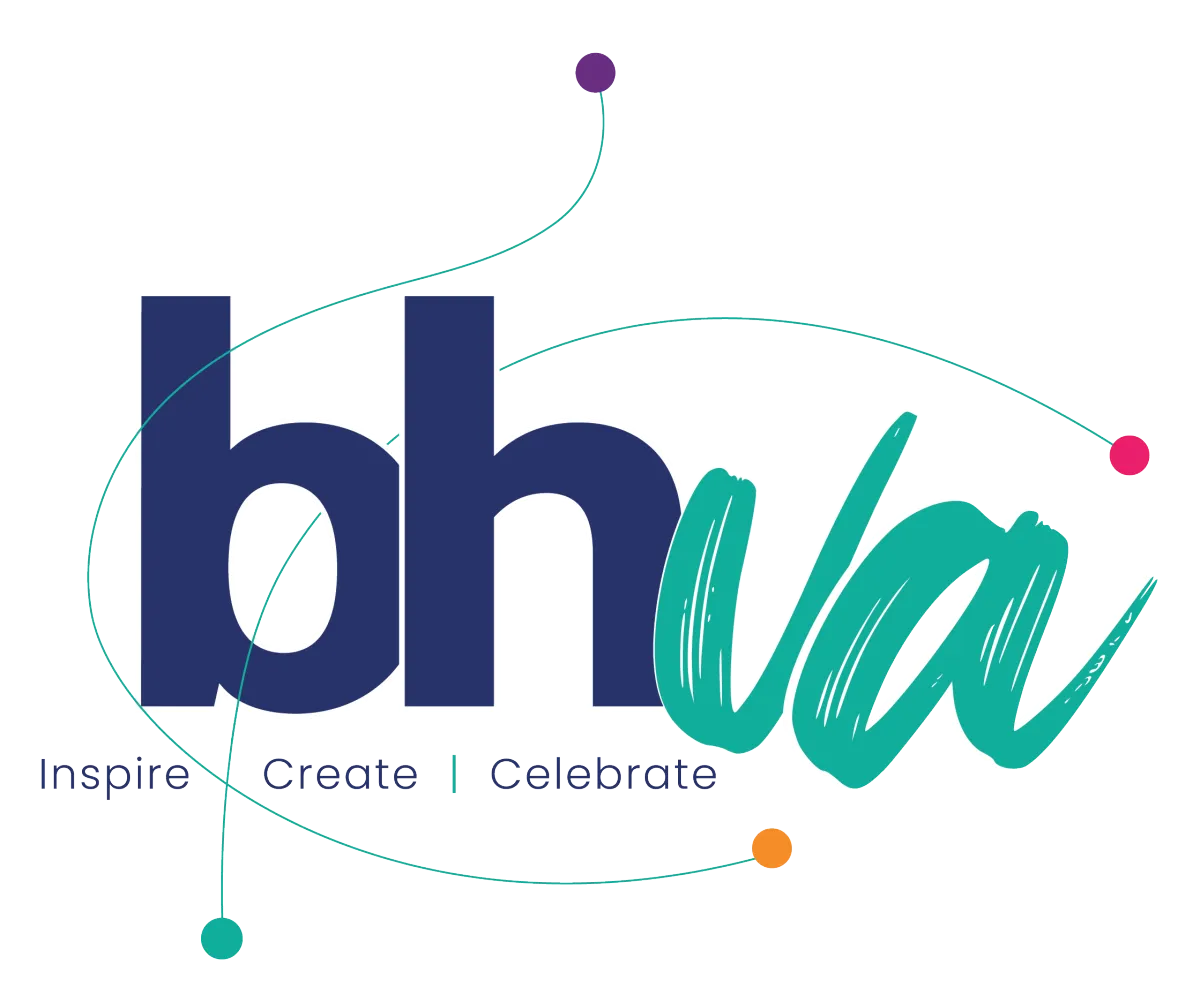
Beccy Hurrell Voice & Arts Limited is registered in England. Company No: 13263202. Registered office: 10 Kirby Street, Kettering, NN15 5GR

